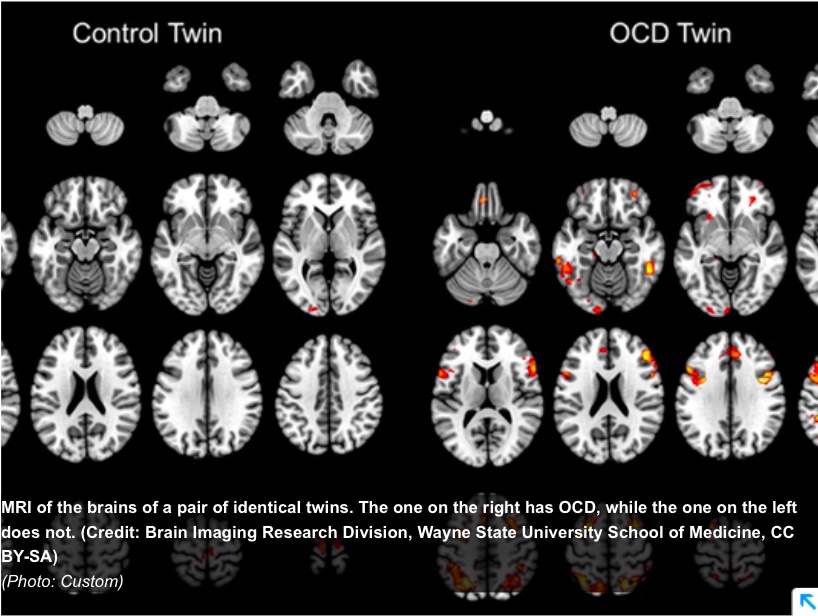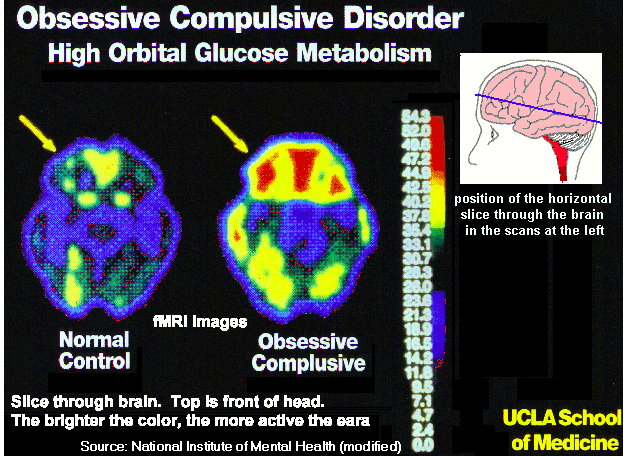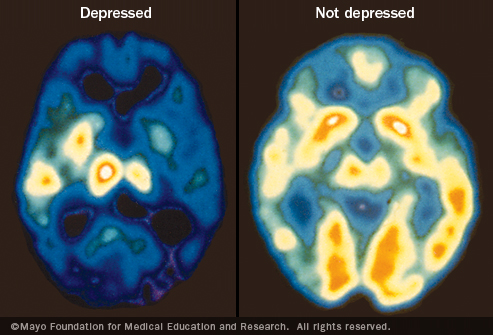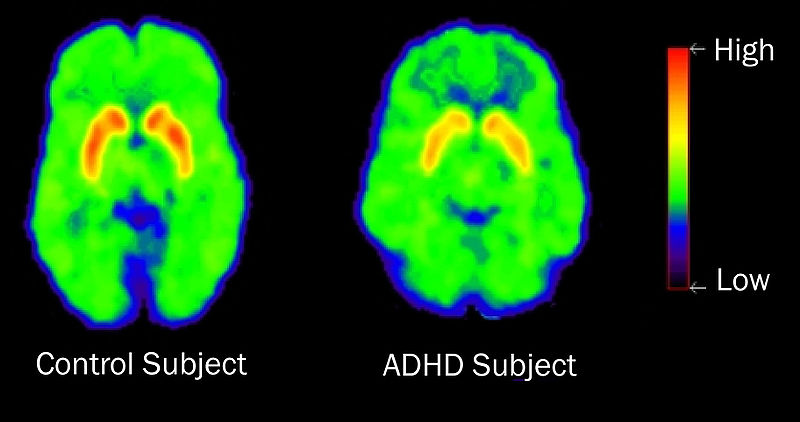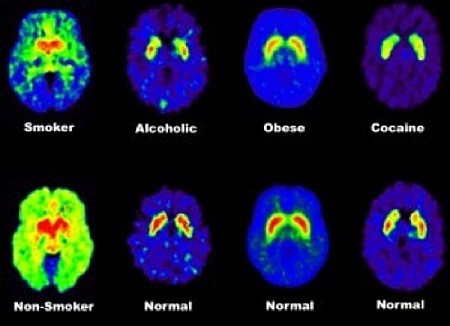Summary
Watch Anderson Cooper demonstrate neuroplasticity in action – how you can use your mind to change your brain – at the cellular level!
OnAir Post: CBT changes your brain
About
A mindfulness practice changes your brain
Even healthy people repeat undesirable behavior. Many of us go through life on autopilot – just doing what comes naturally, despite the fact we keep hurting ourselves and others.
Neuroscientists tell us that the best way to ‘manage autopilot’ – the automatic parts of our brain – is to use our ‘wise’ minds. That is, we can apply a set of scientifically proven self-care strategies and skills to improve our lives.
One such self-care skill is mindfulness. Skills-based psychotherapy teaches you how to initiate and sustain this process over the long term. Watch how it works to change your brain – from autopilot to calm.
CBT changes your brain
If we have diabetes, we go to a specialist to learn how to ‘manage’ it – so it doesn’t manage us.
Just like physical illnesses, with the right kind of help, we can learn how to ‘manage our brains’ … for you-name-it brain chemistry problem. Mental health is brain chemistry, which can be managed with our minds, using cognitive behavior therapy (CBT). There is plenty of evidence that CBT actually changes our brain chemistry:
Toward smarter selection of therapy for psychiatric disorders
How psychotherapy changes the brain – the contribution of functional neuroimaging
(Below are scans of brains with Obsessive Compulsive Disorder, Depression, ADHD, as well as problems with Smoking, Alcohol, Obesity, & Cocaine.) …
OCD
“Current research into obsessive compulsive disorder focuses on a feedback loop involving three brain areas: the frontal lobe (prefrontal and frontal cortices), striatum and thalamus. The loop involves multiple circuits and signals that can stimulate or inhibit brain activity.” See more about The OCD Loop: What may go wrong by Amy Ellis Nutt at the Washington Post.
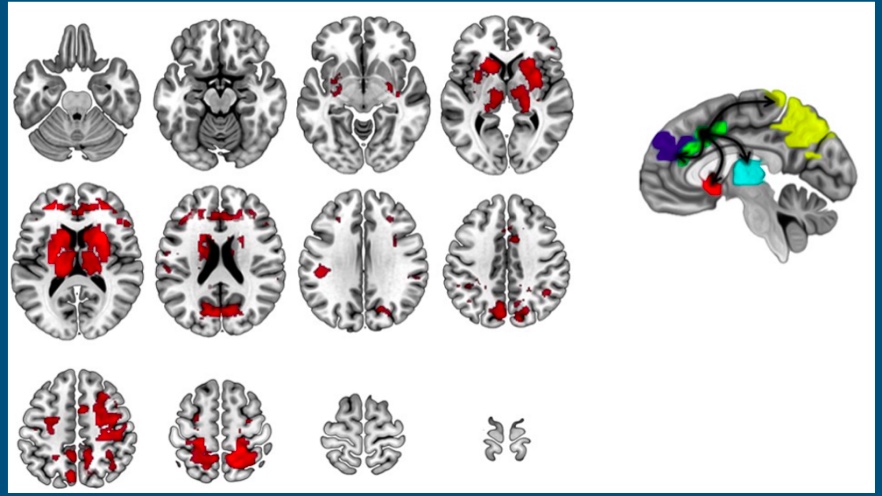
In children with OCD, the brain’s arousal center, the anterior cingulate cortex, is ‘hijacked.’ This causes critical brain networks to stop working properly. Image adapted from Diwadkar VA, Burgess A, Hong E, Rix C, Arnold PD, Hanna GL, Rosenberg DR. Dysfunctional activation and brain network profiles in youth with Obsessive-Compulsive Disorder: A focus on the dorsal anterior cingulate during working memory. Frontiers in Human Neuroscience. 2015; 9: 1-11., CC BY-SA
More about recent treatments for OCD
Depression
ADHD
Pain
Behavior

